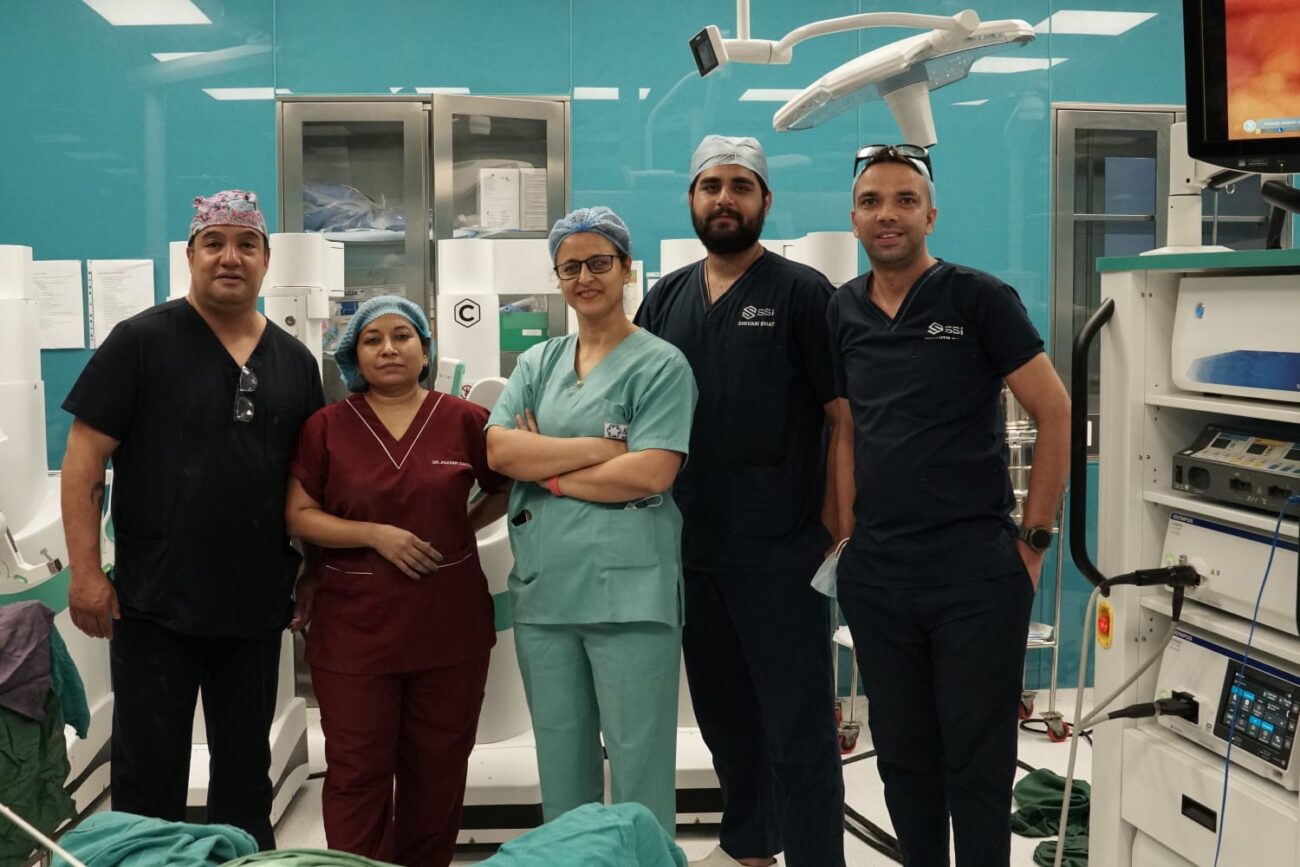Younger generation keen to get their genes tested–To avoid future complications
(Dr.) Ruchi Gupta, Founder and CEO, 3hcare.in Craze for genetic testing is on the rise since last 2-3 years, as more and more people are keen to determine their vulnerability towards inherited diseases. Genetic diagnosis identifies the

(Dr.) Ruchi Gupta,
Founder and CEO, 3hcare.in
Craze for genetic testing is on the rise since last 2-3 years, as more and more people are keen to determine their vulnerability towards inherited diseases. Genetic diagnosis identifies the genetic susceptibility to certain kind of abnormalities. This test can identify the changes in the chromosomes, genes and protein structure to identify inherited disorders by analyzing small samples of blood or certain body tissues.
The medical test has now become convenient for people to confirm their chances of developing or being passed on with certain genetic condition in order to take precautionary measures.
Genetic testing is useful at younger age
If the results obtained from the tests reveal negative difference it is a big relief for the patients. But in case if a genetic difference is identified, the results provide ample time for decision making for prevention of the upcoming condition. The results are helpful in allowing early treatment options which can have large scale implications with respect to the effect on the quality of life and their life expectancy.
”With the availability of newborn genetic screening, many parents are helped in identifying the abnormal conditions in the new born at an early stage, which gives better treatment option from start.” Says CA (Dr) Ruchi Gupta, Founder and CEO, 3hcare.in.
Research testing and Clinical testing is designed to find new information about genes and genetics, to learn more about a specific disorder in terms of how it affects an individual or a family unit.
Genetic Testing during Pregnancy
As per the reports obtained from UNICEF 2015-16, the annual mortality rate of children under the age of 5 years in India is the highest in the world, contributing to about 1.4 million cases. More than 10% of the total is attributable to congenital malformations and chromosomal abnormalities.
Though genetic testing is primarily carried out as a clinical diagnosis, but the added benefit includes prognosis and identifying the gene carriers. Women conceiving after the age of 35 years are at a higher risk of giving birth to children with such abnormalities and disorders.
As the genes are responsible for influencing the baby’s skin color and texture of hair and eyes, in the same way it also influences various birth defects. Pregnant women are thus advised to undergo all the possible genetic screening tests in the first and the second trimester itself. This will be helpful for them to evaluate the risk for the potential problems in their developing fetus.
The most common defects that are screened for include – Down’s syndrome, split spine defect, sickle cell anemia, and cystic fibrosis among many others.
What are the types of tests?
New Born Screening – In order to identify congenital disorders, new born are tested for abnormalities so that they can be provided with early treatment or prevention options.Diagnostic Testing – This is used to rule out specific genetic or chromosomal condition. Diagnostic testing can be done before birth or any time in life. This is helpful in preventing the condition by making changes in the lifestyle habits like diet control, exercise etc. Carrier Testing – This test is done to identify people who carry one copy of a gene mutation that, when present in two copies, causes a genetic disorder. Individuals who have a family history of a genetic disorder go through this.
Sometimes both parents are tested, this test provides information about a couple’s risk of having a child with a genetic condition.Prenatal Testing – This is an important test , done to detect changes in the genes or chromosomes of a fetus before birth. It is tested before pregnancy to check the increased risk of baby having genetic or chromosomal disorder. Pre-implantation Testing – It is also called pre-implantation genetic diagnosis (PGD) which is a specialized technique that can reduce the risk of having a child with a particular genetic or chromosomal disorder. This test is also very beneficial to detect genetic changes in embryos that were created using assisted reproductive techniques such as in-vitro fertilization.
Predictive testing – Predictive testing is done to identify mutations that increase a person’s risk of developing disorders with a genetic basis, such as certain types of cancer.Forensic testing – The forensic tests are used to identify an individual for legal purposes through DNA sequences. This test is used to identify crime or catastrophe victims, rule out or implicate a crime suspect, or establish biological relationships between people like paternity.
How is genetic testing done?
Samples of blood, hair, skin, tissues present in the inside of the cheeks or even the amniotic fluid that surrounds the fetus in the womb can be tested to obtain the results. The observations need to be monitored by the expert and highly qualified professionals for optimal results.
In case of screening the new born, doctor needs to be careful while performing the blood test and needs to take parent’s consent.



